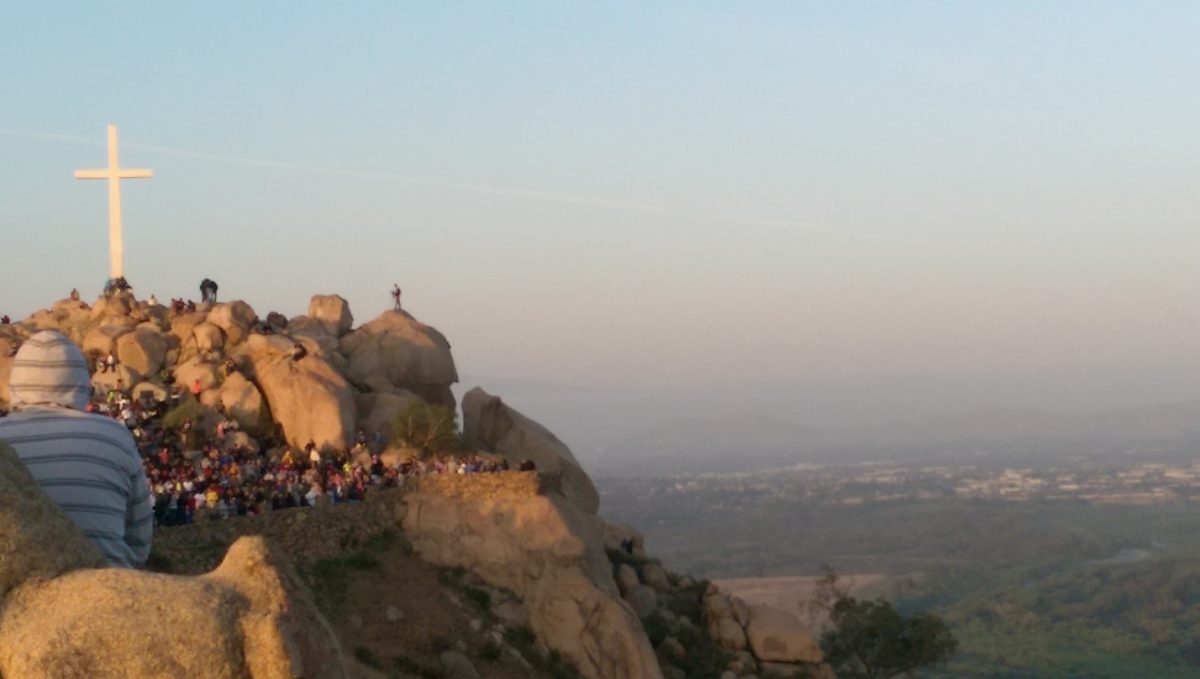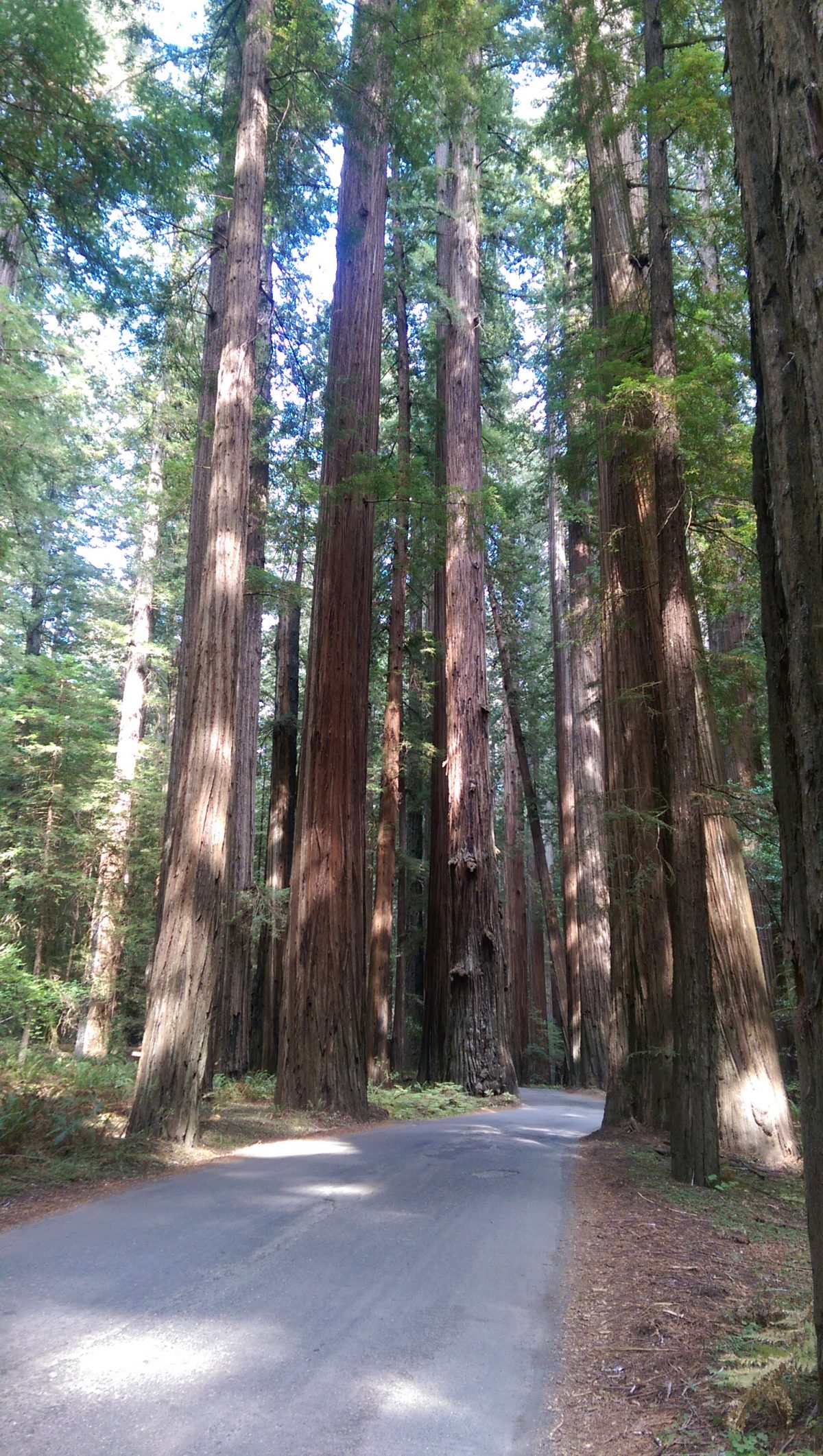This is a devotional based upon the message I shared when I candidated for FBC New Sweden.
Psalm 23
1 The Lord is my shepherd; I shall not want.
2 He makes me lie down in green pastures.
He leads me beside still waters.
3 He restores my soul.
He leads me in paths of righteousness
for his name’s sake.
4 Even though I walk through the valley of the shadow of death,
I will fear no evil,
for you are with me;
your rod and your staff,
they comfort me.
5 You prepare a table before me
in the presence of my enemies;
you anoint my head with oil;
my cup overflows.
6 Surely goodness and mercy shall follow me
all the days of my life,
and I shall dwell in the house of the Lord
forever.
From https://www.esv.org/Psalm+23/
I remember memorizing the 23rd Psalm when I was in fourth grade. By memorizing it, I earned coupons toward winter camp. Let me tell you, I could rattle off the words in record time. I “knew” it. Yet, I can also tell you that I do not believe I actually knew this psalm until a couple of years ago. I was teaching through the psalm with the children for Sunday school. I developed the weekly lessons myself rather than using something that had been prepared by someone else. This gave me the opportunity I needed to really learn this psalm. I want to share a bit of what I learned with you. I hope you are as blessed the next time you look at the 23rd Psalm.
The Big Picture
I want you to picture an overall view of the psalm. This is about a shepherd and sheep: specifically the Triune God as the Shepherd and His people as the sheep (David speaking as one of the sheep). As the Shepherd, God is leading out His sheep from the corral area into the fields. Notice the places where the sheep are led:
• Green pastures
• Still waters
• Right paths
• The Valley of the Shadow of Death
• The House of the Lord
This progression amazes me. As a sheep, David sees himself being led out as would be expected. This leading out includes many different scenes, but nothing outside of normal sheep stuff. Of course there are pastures and waters. Of course there are paths to follow along. Sometimes there are dark valleys to traverse in moving to other pastures. But to end up at the Shepherd’s home is not expected. As a sheep, he should have been returned to the sheep pen while the Shepherd goes home. This points to a change of relationship from being a mere sheep to be fed and cared for. The sheep is being welcomed into a family relationship as he is brought to the Shepherd’s home. This open’s our eyes to see the plan of the Shepherd.
Providential & Sovereign Grace through Life
The progression of the psalm pictures the progression of life for us. As we are under God’s care, we experience wonderful blessings of green pastures and still waters. We have our needs met and enjoy His peace as He leads us. We trust the Shepherd who is faithful so that we know we shall not want.
Our Shepherd, God, is also faithful in that He always leads us on right paths. These are the right paths, though, for His Name’s sake – not for our comfort’s sake. That is where the path can lead away from sunny, peaceful, bountiful pastures on the hillside to paths in dark valleys where dangers lurk around every corner. Though this is not as nice of a path, it is still the right path under the Shepherd’s direction and care. While we enjoy God’s leading through the nice places, we grow in our trust in Him in His leading us through the dark places. This is seen in the change of pronouns. The Shepherd is in the third person (He, Him) in the first three verses. We enter the dark valley in verse four and suddenly change to second person (you). This dark valley drives us to stay close to the Shepherd and find comfort in these difficult paths only in His presence.
We also see that in the dark valley the Shepherd is still providing for us. Before, He was providing pastures, waters, restoration. Now He is providing the comfort of His presence, safety in the presence of enemies, assurance of keeping us on the right path. His rod and staff both discipline us if we try to wander off the right path in the midst of this dark valley and protect us if enemies approach. Even though enemies are ever-present along the path through the dark valley, the Shepherd continues to provide for our needs – a table, a feast. This is not the quick eating of a few morsels because our enemies are near. This is the secure, resting feast, knowing that the Shepherd’s care and protection is far greater than the plans of power of our enemies. We can enjoy the fullness of the cup until we are satisfied. We are welcomed to His gracious care for our bodies after the wear and tear of the travel – anointing us with oil (much as we would wash up and brush our hair before an important meal with someone).
All throughout, God, Our Shepherd, is providing for us along this path while He is carefully leading us along the right path. This care is such that David can summarize by seeing it as goodness and mercy following him all the days of his life. No matter where on the path of life – easy, comfortable times or difficult, dark times – God is the good Shepherd, providing His good and His mercy daily. Our God, Who alone knows the right path, directs along the right path, is the One Who provides along the path as well. He is gracious in His providence and His sovereign leading.
The Culmination
As the psalm ends, we see that the right path the Shepherd was leading the sheep through was the path to His home. The sheep is not aware of the destination until the end. The Shepherd is always aware of the destination. The sheep may balk at entering the path as it goes into the dark valley. There is a natural desire to stay up on the green pastures along the still waters. But the Shepherd knows that the only way to go to the Shepherd’s home is through the dark valley. The sheep may be unsure of the wisdom of walking so near to the enemies – wolves howling, lions snarling. The Shepherd knows that the more the enemies make their presence known, the closer the sheep will draw near to the Shepherd. The very elements of danger which may tempt toward separation for the sheep are the designed elements for the transformation of relationship the Shepherd wants to bring about. The sheep learns to trust and know the goodness of the Shepherd through this dark valley so that the relationship moves forward toward being included in the family of the Shepherd. The sheep is being led to transformation from animal to be led to child to enjoy fullest fellowship in the home.
Shepherd Thoughts
This leaves me with several questions:
• Are all people God’s sheep?
• Do all people experience God as their shepherd?
• If not all, then who?
• Where am I on this path?
Jesus, in John 10:1-18, uses various pastoral pictures to explain more about His work as the Son of God. Jesus first displays Himself as the true Shepherd, which is seen by His sheep knowing His voice and following Him (verses 1-5). He then adjusts the metaphor to explain who specifically are His sheep (verses 7-9). It is they who enter into the sheepfold through Him alone as the door. In other words, the true sheep of God are only those who believe and follow Jesus. There are no other entry points to be a sheep of God – for God to have this shepherding relationship of Psalm 23. The third pastoral picture is that Jesus is the Good Shepherd, where others are either hirelings who care more for themselves than the sheep, or they are thieves who have come to destroy the sheep (verses 10-13). The fourth pastoral picture is of Jesus as the Good Shepherd Who lays down His life for His sheep (verses 14-18). He is the Good Shepherd Who knows all of His sheep. As such, He shepherds each sheep and keeps them safe in His care as individual members of one flock.
This passage of Scripture answers many of my questions. Are all people God’s sheep? No. Do all people experience God as their shepherd? No. For both of these questions, Jesus is clear that it is only the person who comes to Him (Jesus) as their Savior and Lord who receives this caring relationship with God. Jesus knows His own sheep, thus the sheep know Him. God has appointed only one Good Shepherd to care for His flock and one entryway to the flock. Jesus, in laying down His life for His sheep (at the cross) and in taking His life back up (through the resurrection) is the only Good Shepherd for God’s flock. Belief in Jesus is the only entryway into the flock. Jesus is being clearly restrictive in His teaching.
So the answers to the first three questions are given by Jesus for us: only those who believe in and follow after Jesus are the true flock of God because Jesus is God’s True and Good Shepherd for His flock.
The fourth answer is variable for all of us. David could have expanded this psalm by many verses in telling of multiple unique pasture experiences and valley experiences. As we follow Jesus as our shepherd, we will all have both the outwardly easy times and the outwardly difficult times. What we can know from this psalm is that Jesus is purposeful in the path He leads us on daily – it is the right path. He provides for us along the way, and He brings us through difficulty with purpose. He is drawing us closer to Himself. As we follow, we learn that He is of greater value than the provisions of this world. We can feel safe and warm in the sun, restful and restored, filled and contented. We can also feel protected and guarded in the dark valley, cared for and watched over. These all pale in comparison to the actual relationship with Jesus as He brings us to our eternal home of everlasting fellowship with Him.
Today, I am led by Jesus on the right path in life to enjoy His presence and grow in love for Him. Whatever the outward situation, this is the eternal reality.
May you experience such hope for your day today as you meditate on Psalm 23.

